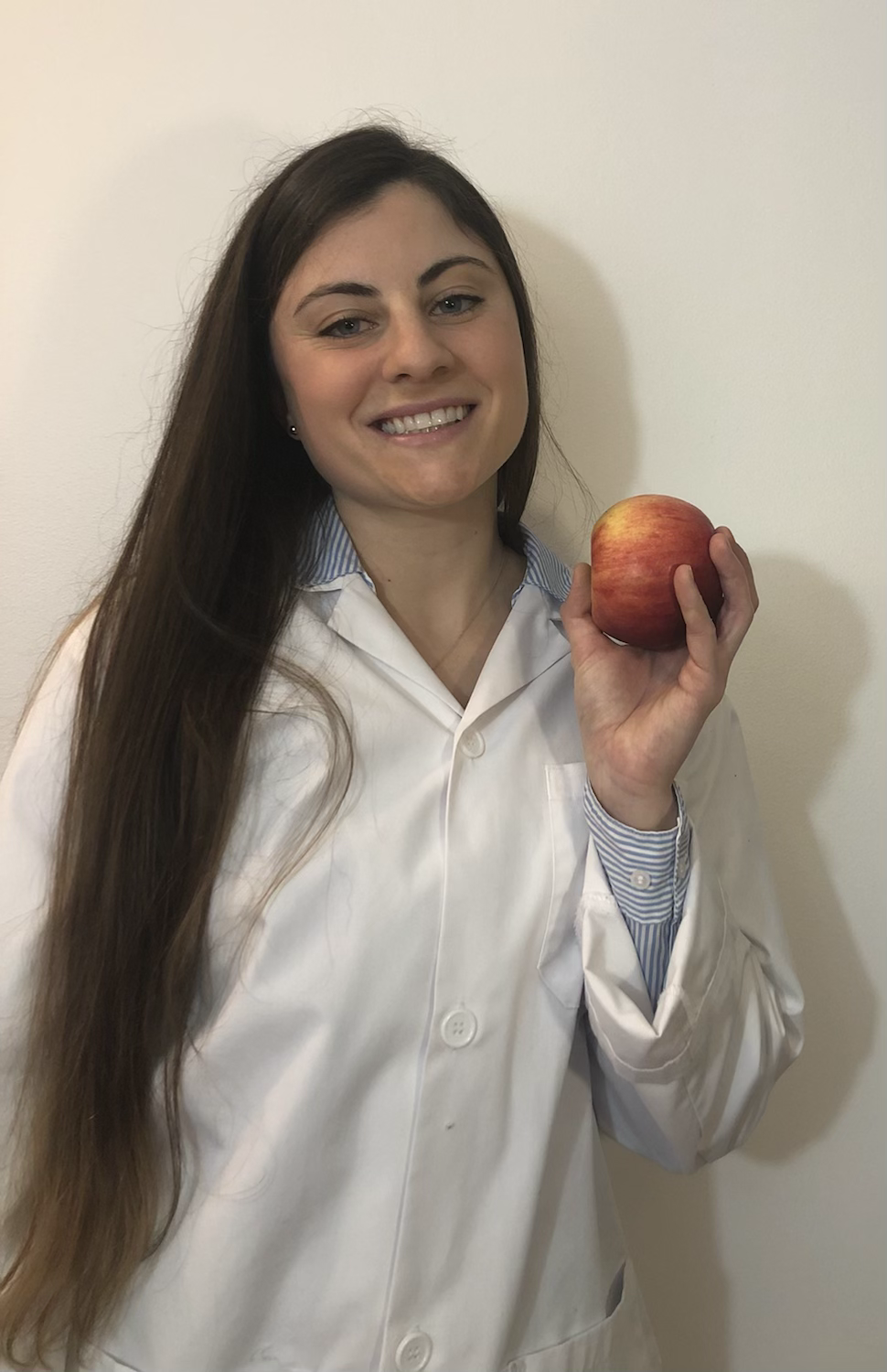Multivitamins Supplements
- Karine Drouin

- Jun 22, 2022
- 2 min read

This article discusses multivitamin supplements, most of which contain multiple vitamins and minerals.
Multivitamins
It is possible to meet all our vitamin and mineral needs through a balanced and varied diet for a person in good health who does not take medication, without conditions that can cause malabsorption, who does not have a nutritional deficiency and who is not not pregnant. The balanced plate is ½ plate (1 to 2 cups) of fruits and vegetables, ¼ plate of protein (about 2 eggs or 75 g of meat or ¾ cup of legumes, etc.) and 1/4 plate of whole-grain cereal products (about ½-1 cup of rice or 1 cup of pasta, etc.) (1).
Vitamin D
On the other hand, it is more difficult to meet our vitamin D needs since there are few food sources of this vitamin. Vitamin D3 (cholecalciferol) can be formed by our body through exposure to UV rays from the sun. In northern countries, UV rays are insufficient from October to April for our skin to synthesize this vitamin. For a healthy adult, exposure of the hands, forearms and face for 10 to 15 minutes without sun protection would be enough to meet their vitamin D needs for one day. To be effective, exposure to the sun's UV rays must be 2 to 3 times a week, between 11 a.m. and 2 p.m. (2). The time of sun exposure needed to make vitamin D varies with skin color and how much skin is exposed. Moreover, it is not possible to synthesize it indoors if the windows are closed. UVB rays do not pass through the glass (3).
Vitamin D requirements:
Men and women 19 to 70 years old: 600 (IU)/day
Men and women 70 and over: 800 (IU)/day (4)
Table 1: Vitamin D content for some foods

(4)
A vegetarian person
Without nutritional deficiency and with a good dietary balance, no supplement is recommended.
A vegan person
Vitamin B12 is one of the most difficult micronutrients to meet when following the vegan diet since there are very few sources of this vitamin. Often it is recommended to take a supplement. A blood test can help determine if you are getting enough of this vitamin.
Vitamin B12 requirements:
Men and women 14 to 70 years old: 2.4 μg/day (5)
Table 2: Vitamin B12 content for some foods

(5)
Karine Drouin RD
Références
Gouvernement du Canada. (Février, 2022). Guide alimentaire canadien. Retrouvé le 16 février 2022 en ligne au https://guide-alimentaire.canada.ca/fr/
Brunet. (n.d.). La vitamine D et ses bienfaits. Retrouvé le 17 février 2022 au https://www.brunet.ca/sante/conseils-sante/vitamine-d-bienfaits/
(2018). How to get vitamin D from sunlight. Retrouvé le 17 février 2022 au https://www.nhs.uk/live-well/healthy-body/how-to-get-vitamin-d-from-sunlight/
Les diététistes du Canada. (Février, 2018). Sources alimentaires de vitamine D.
Les diététistes du Canada. (Décembre, 2019). Vérification rapide de la valeur nutritionnelle pour le contrôle de l’apport en vitamine B12.
School of Public Health. Should I Take a Daily Multivitamin? Retrouvé le 17 février 2022 au



Comments